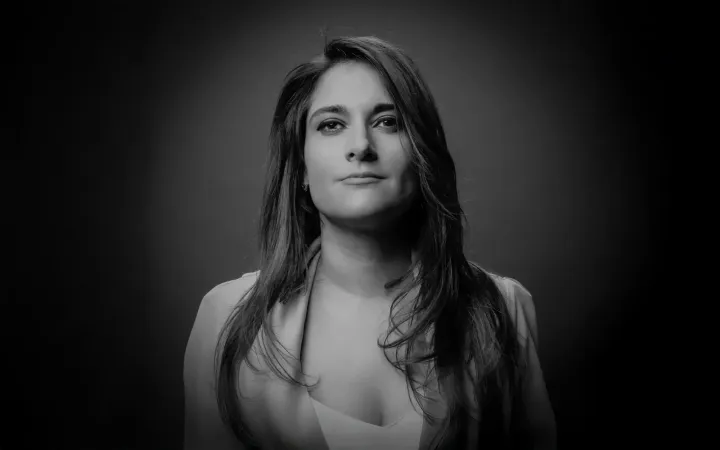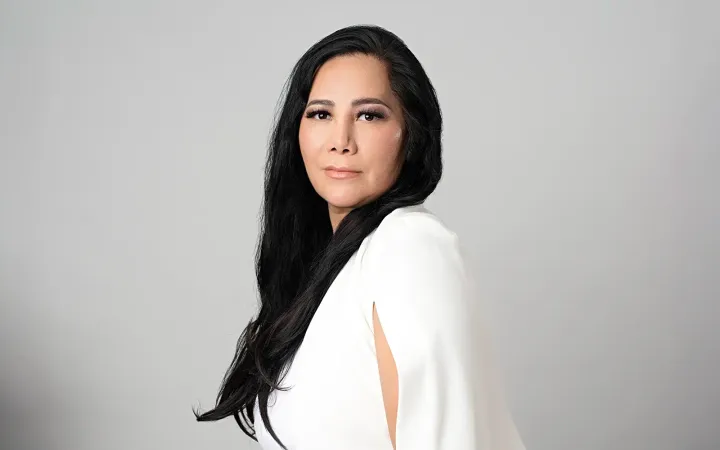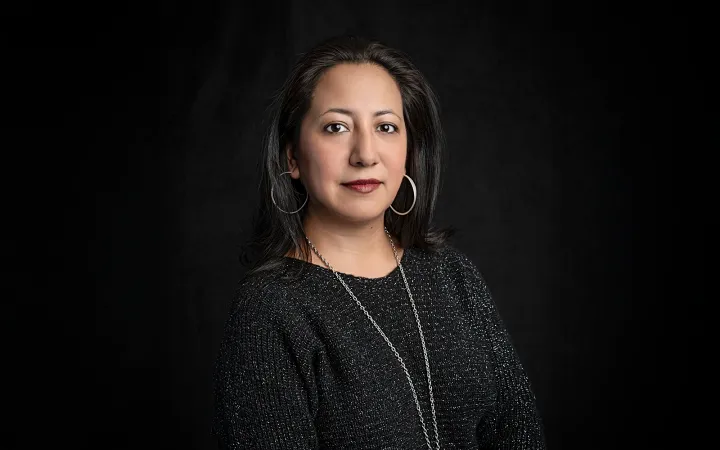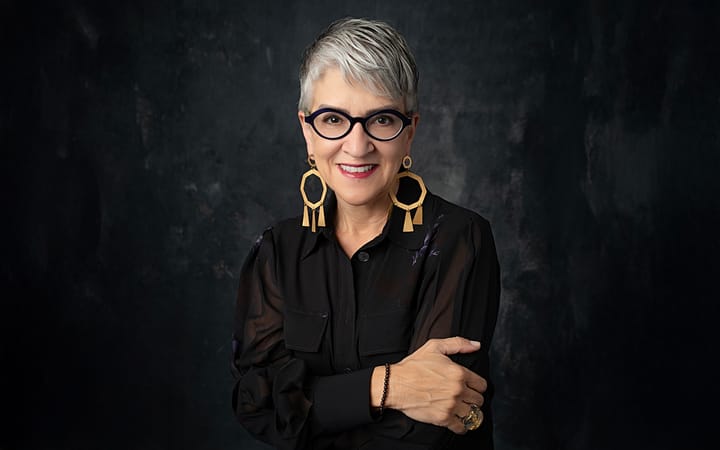Por Gabriela Gorab
Crecí en una familia donde la medicina no era solo una profesión, sino prácticamente un idioma. Rodeada de neurocirujanos, pediatras, patólogos e infectólogos, aprendí desde muy pequeña que el conocimiento es poder y que la salud—incluyendo la salud sexual—no debería ser un tema tabú.
Mi mamá, médica infectóloga y sub especialista en enfermedades de transmisión sexual, hablaba con naturalidad sobre el VIH, la prevención y la importancia de la información. Para mí, esos temas eran parte de la vida cotidiana. Lo que no imaginé es que, fuera de casa, podían ser motivo de escándalo.
Tendría unos siete años cuando en mi escuela—una institución de Legionarios de Cristo—nos pidieron llevar un tema “innovador” a clase para exponer. Me pareció la oportunidad perfecta para hablar del VIH. Mi mamá me ayudó a preparar todo: investigamos, armamos panfletos y los imprimimos en aquella impresora que sonaba como un tractor en miniatura y sacaba el papel continuo con orillas perforadas que luego había que arrancar. Era todo un proceso, pero yo estaba feliz con mis folletos listos para compartir.
No pasaron ni cinco minutos. Apenas comenzábamos a hablar cuando las maestras interrumpieron, recogieron todo y cancelaron la presentación. No hubo discusión, solo un silencio tenso. Poco después, nos mandaron llamar a nuestras mamás. No recuerdo detalles de la conversación, pero sí la sensación de confusión y vergüenza. ¿Qué habíamos hecho mal? Para mí, era un tema científico, informativo y necesario; para ellas, era algo prohibido, impensable en un salón de primaria.
Aquel episodio fue un shock. No solo porque nos reprobaron el trabajo, sino porque fue la primera vez que entendí que ciertos temas estaban vetados, incluso cuando la intención es educativa. También fue un choque de realidades: en mi casa, mi mamá iba a la ONU, daba clases de posgrado en la UNAM y luchaba por la educación en salud sexual; en mi escuela, hablar de VIH era una falta grave.
Con el tiempo, entendí que esa resistencia al conocimiento no era un caso aislado. La educación sexual sigue siendo un campo de batalla, con debates absurdos sobre si los niños “están listos” para aprender sobre su propio cuerpo y su salud. Pero lo cierto es que el desconocimiento nunca ha protegido a nadie; al contrario, perpetúa miedo, estigma y desinformación.
Si algo aprendí de aquella experiencia es que callar no es una opción. Y que, a pesar de los obstáculos, siempre hay que encontrar maneras de hablar de lo que importa.
El poder de la energía sexual
En la actualidad, neurocientíficos como Nicole Prause han estudiado cómo la energía sexual influye en la motivación, la productividad y la salud mental. Investigaciones recientes muestran que el deseo sexual activa las mismas áreas del cerebro relacionadas con la creatividad y la toma de decisiones (Prause et al., 2020). Esto sugiere que, cuando se canaliza adecuadamente, la energía sexual puede usarse para potenciar el enfoque, la ambición y la manifestación de objetivos.
Manipular la energía sexual a nuestro favor
Saber dirigir esta energía conscientemente es clave para aprovechar su potencial. En la tradición taoísta, prácticas como la retención seminal en los hombres y la respiración ovárica en las mujeres buscan redirigir la energía sexual hacia la vitalidad y la longevidad. En términos modernos, esto puede traducirse en prácticas como la sublimación, donde la energía del deseo se transforma en impulso creativo, o en técnicas de mindfulness sexual, que mejoran la conexión con el cuerpo y la mente.
El psicólogo Napoleón Hill, en su libro Piense y hágase rico, hablaba de la “transmutación del deseo sexual”, un concepto basado en la idea de que los individuos más exitosos saben canalizar su energía sexual hacia la productividad y la innovación. Según Hill, grandes figuras de la historia, como Da Vinci o Tesla, entendieron que esta energía, bien dirigida, podía llevar a la genialidad.
Suscríbete parada leer la columna completa…




